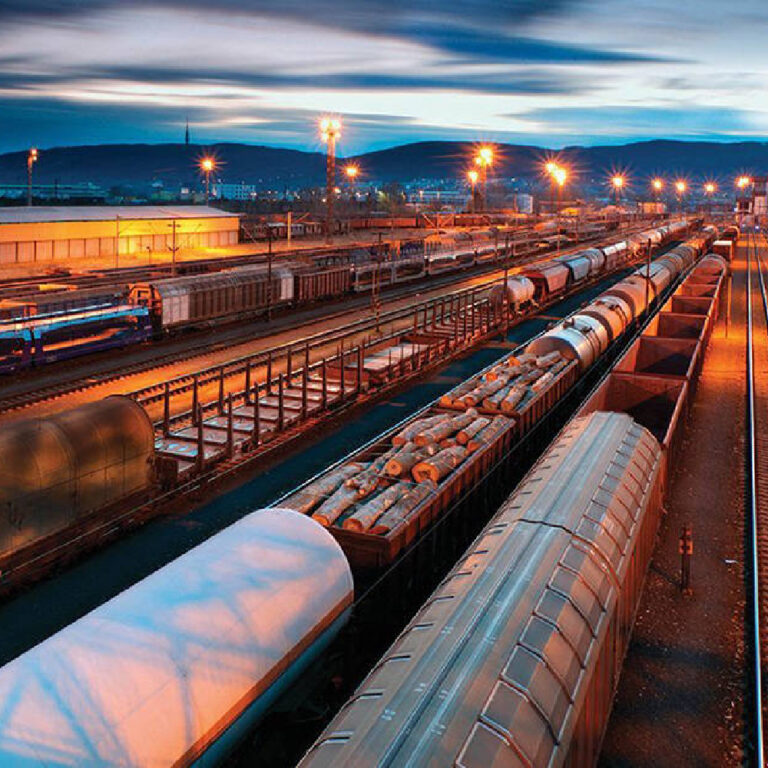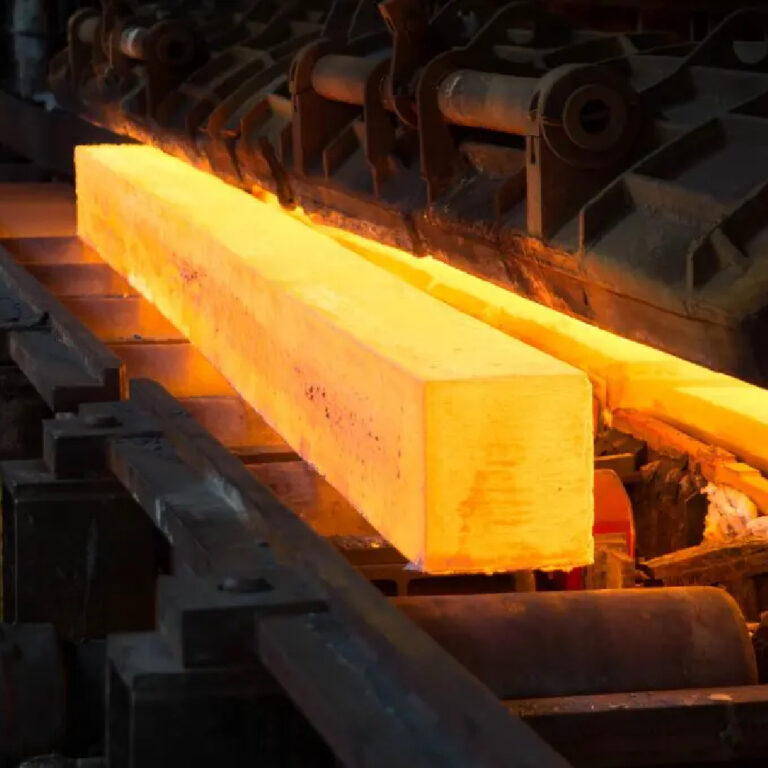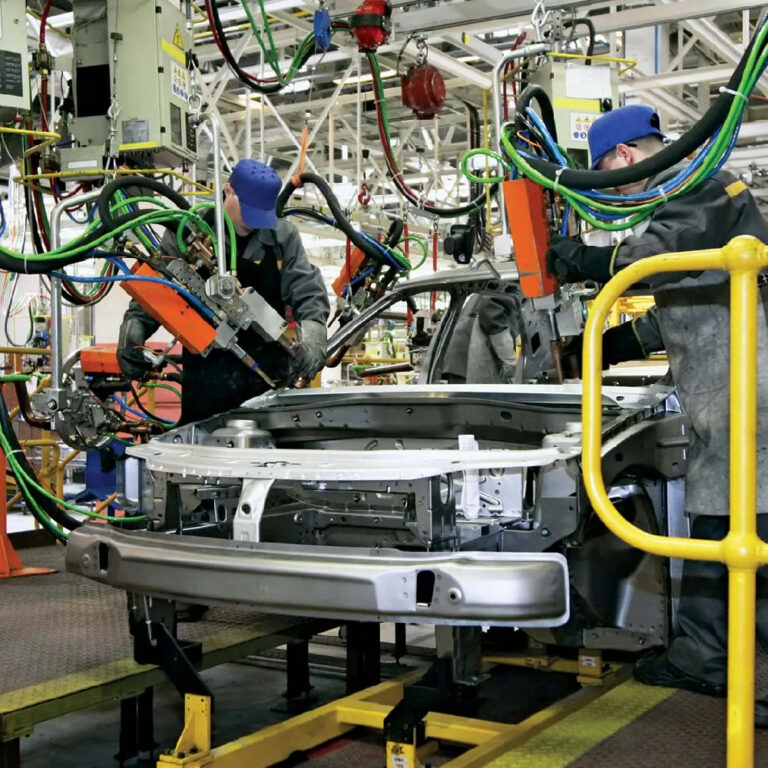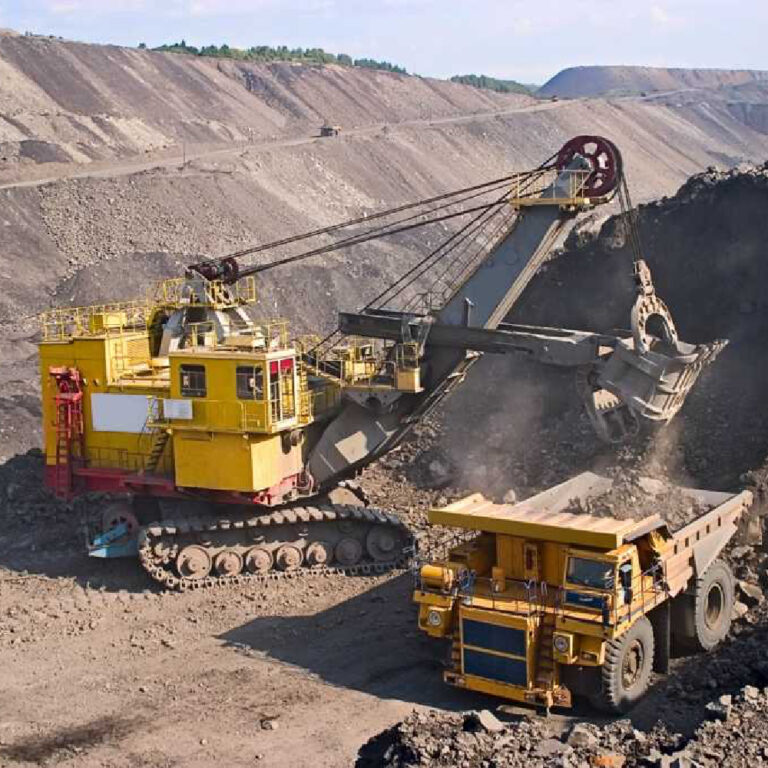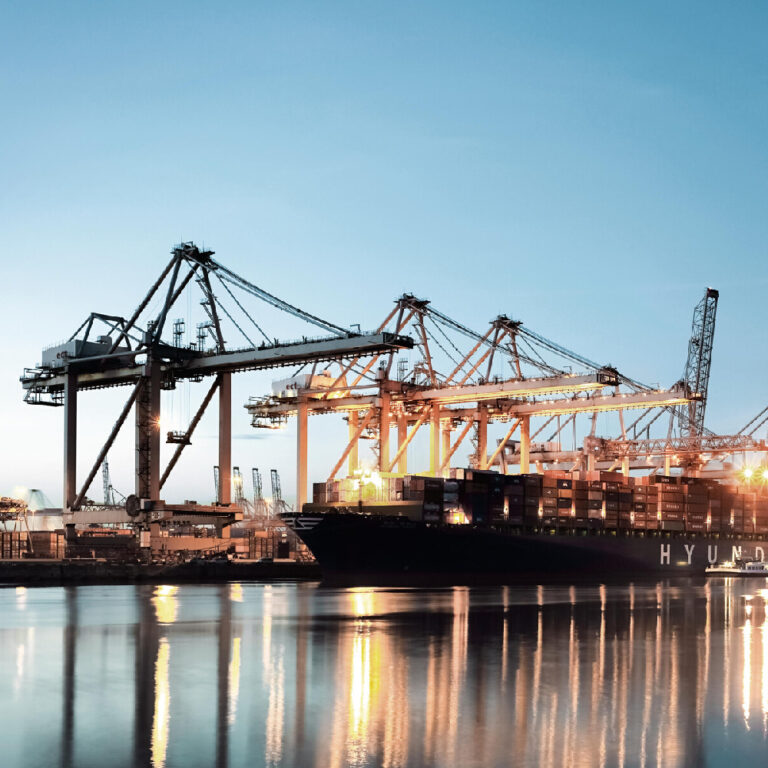Future of Forging in Agricultural
The Future of Forging in Agricultural Equipment Production
The agricultural sector is undergoing a transformative shift, driven by technological advancements, a growing demand for efficiency, and the urgent need for sustainability. Forging, a process that shapes metal through deformation, is set to play a crucial role in the future of forging in agriculture industry. As agricultural equipment production evolves, forging offers key advantages, including enhanced strength and durability, while embracing technological innovations. Furthermore, the focus on sustainability is shaping the future of forging in the agriculture industry, making it an integral part of creating more efficient, eco-friendly machinery for modern farming.
Enhanced Performance and Durability
As farmers seek equipment that can withstand the rigors of daily use while maximizing productivity, forged components are becoming increasingly favored. The forging process produces parts with superior mechanical properties compared to those made through traditional methods. Forged components exhibit enhanced strength, toughness, and fatigue resistance, making them ideal for high-stress applications in agricultural machinery. This is particularly relevant for essential equipment such as tractors, plows, and harvesters, where durability is paramount.
The agricultural industry is also shifting towards precision farming, which relies on advanced machinery and equipment to optimize crop yields. Forging allows for the production of intricate, high-precision components that can enhance the efficiency and performance of these advanced machines. With the ability to create custom-designed parts that meet specific agricultural needs, forging provides a competitive advantage in the market.
Technological Innovations
The future of forging in agricultural equipment production is closely tied to the adoption of new technologies. Innovations such as Computer Numerical Control (CNC) machining, 3D printing, and advanced simulation software are streamlining the forging process, allowing for greater accuracy and reduced lead times. These technologies enable manufacturers to produce complex geometries that were once thought impossible, expanding the possibilities for agricultural machinery design.
Moreover, Industry 4.0 concepts are being integrated into forging processes, leading to smarter manufacturing systems. Real-time data collection and analysis enhance process control, improve quality assurance, and facilitate predictive maintenance. As a result, manufacturers can respond more swiftly to changing market demands, ensuring that agricultural equipment remains at the forefront of efficiency and productivity.
Sustainability and Environmental Considerations
As the world grapples with environmental challenges, the agricultural sector is under increasing pressure to adopt sustainable practices. Forging aligns well with these goals due to its energy efficiency and material utilization. The forging process typically results in less waste compared to machining, as it transforms metal rather than cutting it away. This reduction in waste not only lowers production costs but also minimizes the environmental impact.
Furthermore, the use of advanced materials in forging can lead to lighter, more fuel-efficient agricultural equipment. By reducing the weight of machinery, farmers can decrease fuel consumption, which is crucial for both economic and environmental sustainability. Additionally, manufacturers are increasingly focusing on recycling and using eco-friendly materials in the forging process, further enhancing the sustainability of agricultural equipment production.
Conclusion
The Future of Forging in Agriculture Industry looks highly promising, driven by continuous advancements in performance, technology, and sustainability. As the agricultural sector evolves, forging will remain a crucial element in producing durable, efficient, and environmentally friendly machinery. Manufacturers who adopt these innovations will not only meet the demands of modern agriculture but also support a more sustainable and productive farming future. By investing in advanced forging technology, the agricultural industry can ensure it is well-prepared to tackle the challenges and seize the opportunities of the years ahead.

